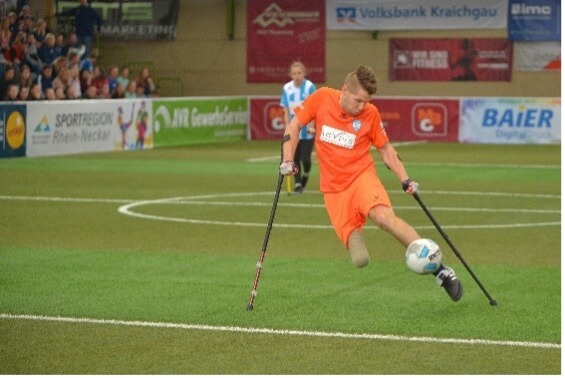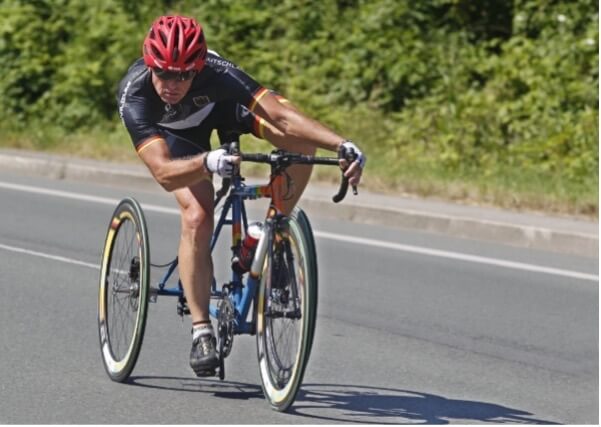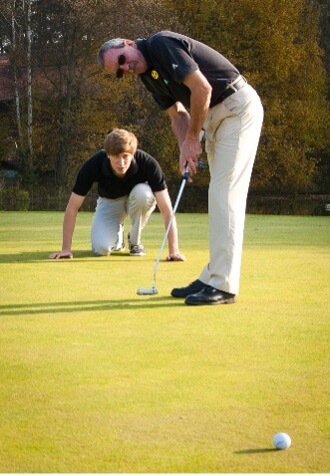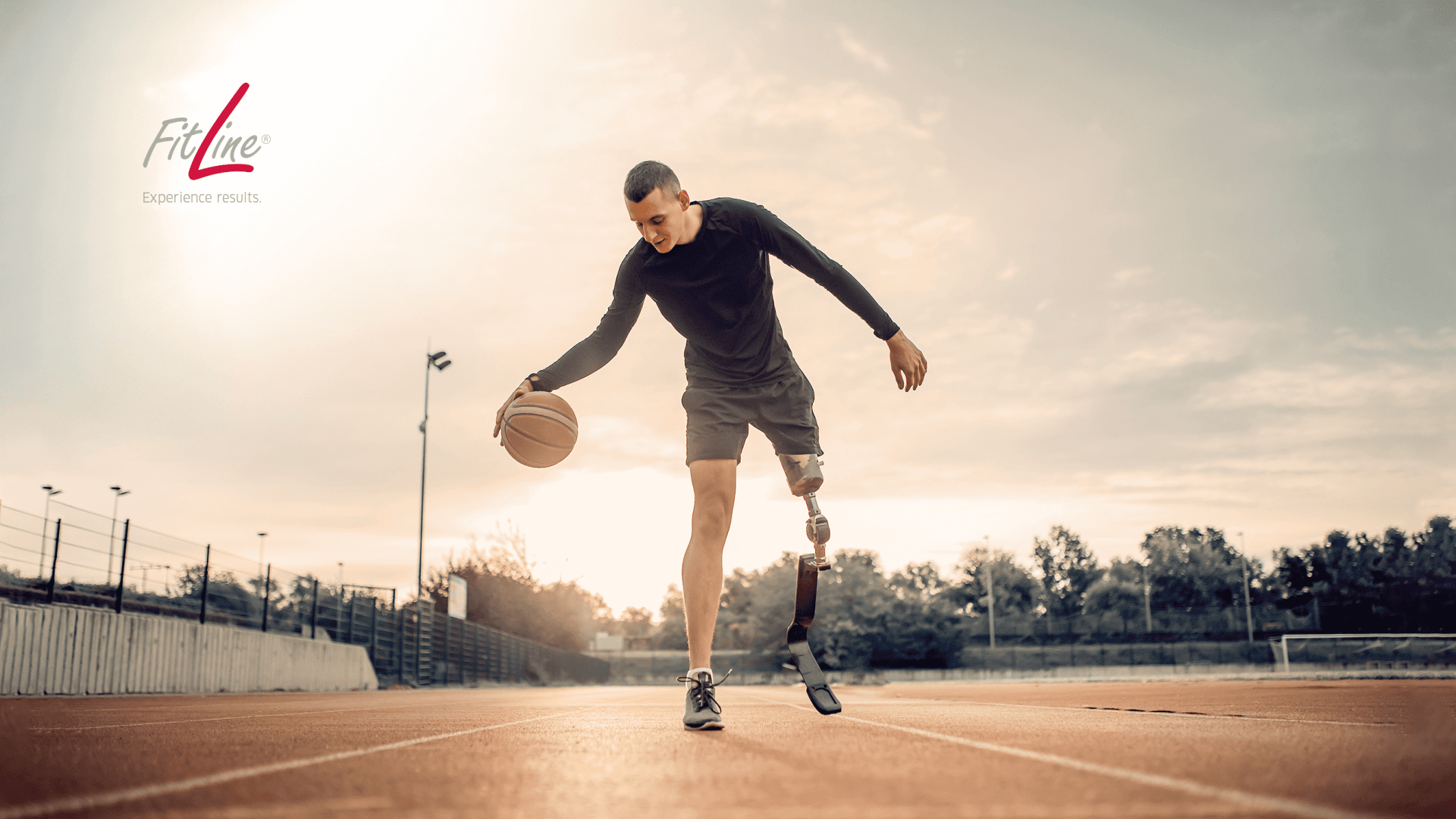Exercise, games, and sports – are many people’s favorite pastimes. That’s why almost one in three Germans is a sports club member. However, the number of people with disabilities participating in organized sports is still comparatively low.
In sports, many things are possible for people with disabilities: top athletes achieve remarkable successes in competitive sports, for example, at the Paralympics and at world, European, German, and regional championships. But also recreational athletes take part in major running events such as city marathons and achieve top performances.
Here are three examples of sporting achievements by athletes with a high to very high level of disability.

From being struck by fate to inspiring people with disabilities
“Sport has an incredible power. Sport makes you happy. In the end, it’s not about your disability, it’s about your contribution to success”.
Christian Heintz lost his lower right leg in a car accident at the age of 26. Instead of despairing, he turned his passion for football into a career. He fought his way back into life, became a player for the German national amputee football team and project manager of the unique nationwide model project “Amputee Football in Clubs”. The project supports young amputees on their way back to an active life. “Be brave and decide for yourself” is Christian Heintz’s motto. For him, it is important to train his condition in order to be able to perform consistently during longer tournaments or training camps.

Hans-Peter Durst and his paracycling successes: The way back to life
“Can’t do it“ – doesn’t work for me!”
Hans-Peter Durst is a two-time Paralympic champion, nine-time world champion, and 22-time German para-cycling champion. He, too, was affected by a car accident and, before that, was in the middle of life. At 36, he lost his sense of balance, eyesight, and reaction time, and he could no longer walk. It was then that he really took off on a tricycle. He worked his way up from a standard, heavy tricycle to the high-tech aluminum bike that enabled him to perform at his best. But performance is not his priority: “For me, the sport has created a new form of social participation.” Hans-Peter Durst always has intense months of training, training camps, and para-cycling competitions. It is important for him to support his immune system so that he can train without interruption. And he always has a snack in his back pocket for when he gets hungry. After the effort, recovery is his first priority.

How Bernd Walsch became a golf champion despite visual impairment
„I play golf better now that I am blind”.
Bernd Walsch wants to encourage other people not to be put off by a disability. He himself is a multiple German Champion of Golfers with Disabilities. About 20 years ago, he gradually went blind due to an autoimmune disease. On the golf course, he is assisted by a caddie who verbally explains the conditions on the course. He also attributes his success to the motivation his disability has given him. A sensible diet is another important element for him. “For my sport, I need a material and energetic performance, which has led to so many successes. That is why I need a basic daily supply to stabilise me. Sometimes you can feel that your body is fighting something, but the symptoms remain minor”.
But people who play sport also overcome personal limitations, boost their self-confidence and promote their personal development. For people with disabilities, sport has other benefits: It can provide prevention and rehabilitation, enable participation in social life as a team sport, and promote social contact.
